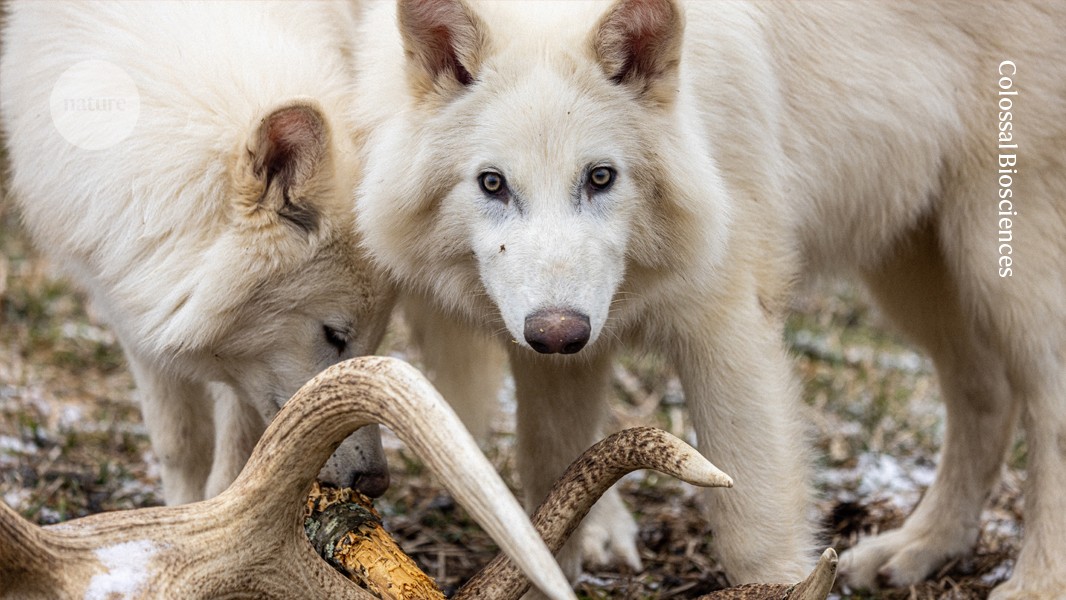
"Colossal Biosciences announced the birth of three cloned animals resembling dire wolves, asserting that 15 of the 20 genome edits reflect sequences from the ancient species."
"The announcement triggered significant media attention and debates among scientists regarding the accuracy and implications of the term 'de-extinction'."
"Critics, including biologists at other research institutions, argue that this work does not constitute true de-extinction and raises concerns about public perception and scientific credibility."
"Colossal has responded combatively to the critics, denying accusations of undermining their credibility and expressing a willingness to engage with dissenting views."
Researchers in Dallas, Texas, successfully cloned three animals that resemble dire wolves using genetically edited dog egg cells. Colossal Biosciences announced that 15 out of the 20 DNA edits matched sequences from ancient dire wolves. The announcement led to media frenzy and considerable debate within the scientific community about whether these creations properly qualify as de-extinct species. Various scientists have expressed skepticism and concern over public misunderstanding of de-extinction, while Colossal insists it is engaging with critics and standing by its claims.
Read at Nature
Unable to calculate read time
Collection
[
|
...
]